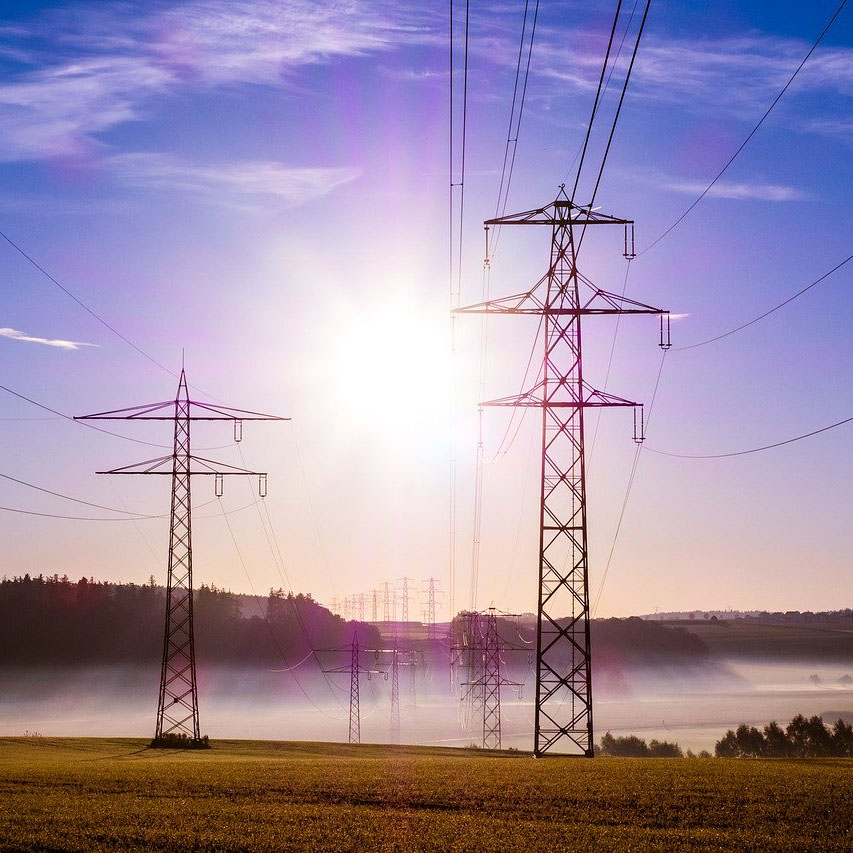A team led by Anderson-Interface Early Career Professor and Associate Professor Andy Sun in the H. Milton Stewart School of Industrial and Systems Engineering (ISyE) has placed third out of 27 teams in the first round of the Department of Energy’s (DOE) ARPA-E Grid Optimization Competition. The team also included A. Russell Chandler III Professor Santanu Dey and three Ph.D. students -- Amin Gholami, Kaizhao Sun, and Shixuan Zhang – who are all advised by Associate Professor Sun.
For the competition, the DOE devised a series of challenges to develop software management solutions for challenging power grid problems with the intent of creating a more reliable, resilient, and secure American electricity grid.
Decades ago, the national electricity grid was dominated by large centralized power companies, but in recent years, the grid has been broken up into smaller units held by individual power companies – such as Georgia Power, for example.
“All these individual units make coordination – and thus, reliability – harder to achieve,” Associate Professor Sun explained. “And then if you factor in sustainable energy sources like wind and solar, that also introduces uncertainty, all in an industry where 100% dependability is key. So, the goal of the GO Competition was to devise sophisticated software solutions that improve overall grid reliability. This is a problem that industry experts have been trying to solve since the 1960s.”
For competition purposes, the DOE provided blind data sets pulled from actual power grids – blind, because of security risks. The 27 teams then created algorithms to make the grids operate as efficiently as possible – which was not a simple task.
“To design an algorithm, we had to have some theoretical understanding of the problem and its constraints,” said Zhang. “The theory is one thing but trying to provide code that is robust and resilient to bugs or failures is another. We spent a good bit of time debugging our code and testing the algorithm as extensively as possible on our own server.”
Associate Professor Sun praised the Ph.D. students’ work.
“They’ve done a fantastic job,” he said. “Their task was to build a robust piece of software from scratch in a very short time period. Shixuan, Amin, and Kaizhao took on the responsibility of doing the coding and testing.”
Next steps involve further testing of the algorithm and evaluating the economic impact it could have on energy systems. There is a second challenge round, currently scheduled for the fall, that Sun’s team will participate in. The top 10 teams share a $3.4 million prize, which is to be used to further develop their respective approaches and pursue industry adoption of their technologies.
